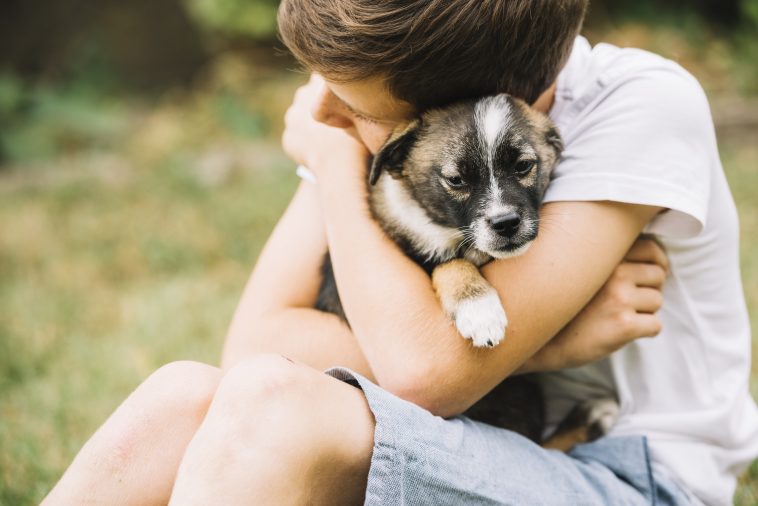Introduction: Sneezing is a common behavior in dogs, often harmless, but it can sometimes be a sign of underlying health issues. This guide aims to help dog owners understand the various causes of dog sneezing, differentiate between playful and concerning sneezing, and know when it’s time to seek veterinary care for their furry companions.
1) Common Causes of Dog Sneezing:
- Allergies: Environmental triggers leading to sneezing, accompanied by signs like watery eyes and itching.
- Play Sneezing: Expressing happiness during play; generally harmless behavior.
- Reverse Sneezing: In response to excitement, irritants, or inflammation; usually resolved with calming.
- Airborne Irritants: Sensitivity to particles like pollen, dust, scents, or smoke causing irritation.
- Foreign Body: Presence of materials like grass or sticks in nasal passages leading to continuous sneezing.
- Nasal Infection: Bacterial or fungal infections causing sneezing, often with nasal discharge.
- Nasal Mites: Tiny bugs causing nasal irritation and discharge, acquired during activities like digging.
- Nasal Tumor: Possible cause in older dogs, characterized by increased and persistent sneezing.
2) Breeds Prone to Sneezing:
- Brachycephalic breeds, such as Pugs, Boston Terriers, and English Bulldogs, are more susceptible due to compressed nasal passages.
3) Uncontrollable Sneezing:
- Indicates potential serious issues like nasal foreign bodies, mites, or tumors.
- Emergency veterinary care is crucial for incessant sneezing with nasal discharge.
4) Dog Sneezing with Other Symptoms:
- Sneezing Blood: Indicates serious nasal issues like foreign bodies, tumors, or infections.
- Sneezing and Coughing: Suggests conditions like bacterial or fungal infections, kennel cough, or respiratory parasites.
- Sneezing and Wheezing: Points to possible lung issues, necessitating investigation for respiratory problems.
- Sneezing vs. Snorting: Differentiated by outward expulsion (sneezing) and inward drawing (snorting) of air.
5) What Can I Give My Dog for Sneezing?
- Caution with Home Treatments: Avoid over-the-counter human products; consult a vet for proper diagnosis before any treatment.
6) When to Take Sneezing Dogs to the Vet:
- Normal Sneezing: Occasional sneezing is normal; frequent or severe cases may require vet attention.
- Visible Symptoms: Signs of nasal discharge, blood, swelling, lethargy, fever, or reduced appetite warrant a vet visit.
- Allergy Signs: Severe allergies accompanied by itching and scratching may require professional care.
Conclusion: While occasional sneezing in dogs is often harmless, understanding the context and accompanying symptoms is crucial for responsible pet ownership. Recognizing playful sneezing from potential health concerns helps dog owners make informed decisions about seeking veterinary care. Regular observation, prompt vet visits for concerning symptoms, and avoiding self-medication contribute to the overall well-being of canine companions.


